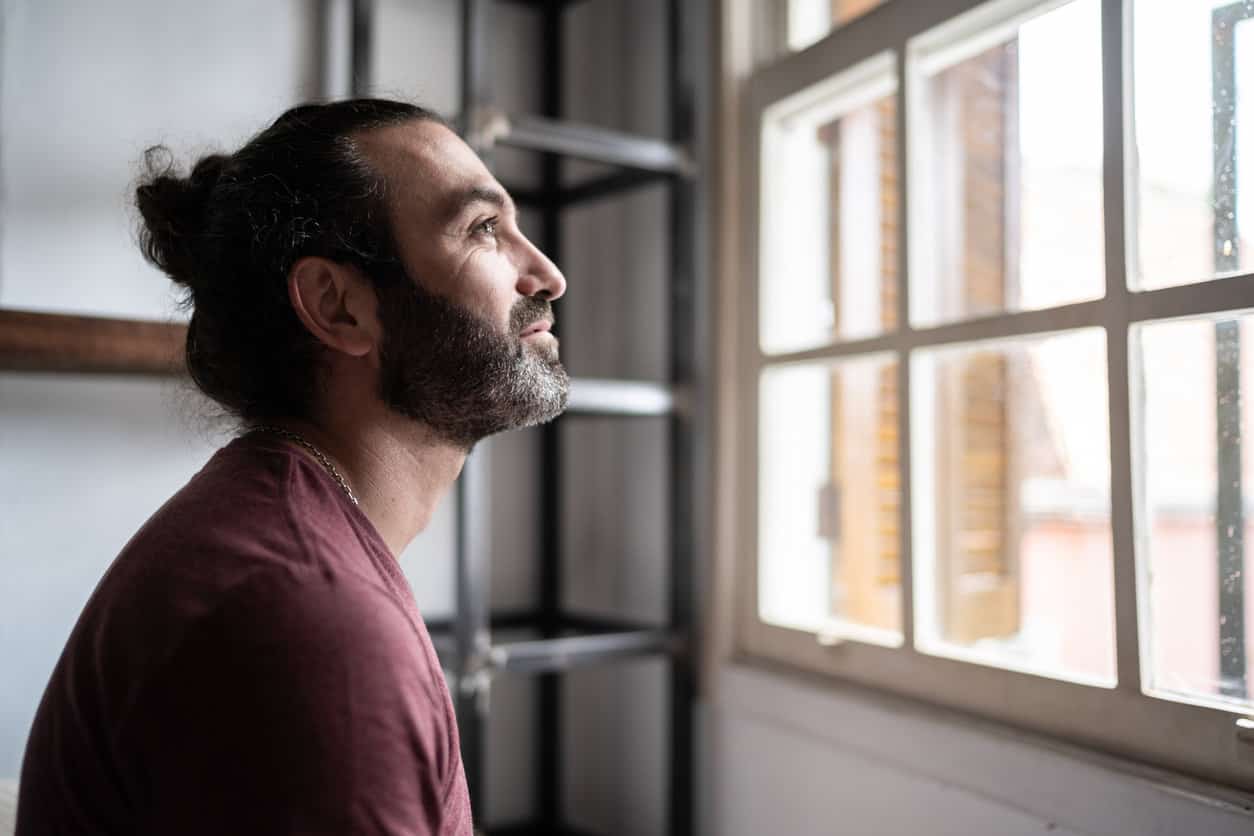Sometimes 24 hours are just not enough to accomplish everything we would like to get done, so we get overwhelmed, decide to cut corners, and let things slip by. Forgetting to pay a bill, putting off cleaning, or skipping a meeting might not seem like the end of the world, but the truth is that clutter can have a tremendous effect on your health.
Clutter doesn’t mean that your home looks like an episode of Hoarders. It does not have to mean clothes on the floor or dirty dishes taking over your kitchen, because clutter is not always physical. Clutter can mean that your brain is filled with a never ending to-do list; it can be unresolved issues; it can even be having way too many social media notifications.
A lack of organization causes your attention to be split into too many directions. According to a study by Princeton University, clutter has a negative impact on the brain and how it processes information.
Luckily, learning some simple organization tips can help you get your life in order and improve your overall health.
Throw Away Stress:
Most people dread the idea of cleaning, but by implementing a reward system you might be more motivated to tackle it.
- Start small: a closet or an office are great places to start
- Listen to music while you clean
- Throw out anything that is broken
- Give away or sell anything you have not used in over a year
- Reward yourself by going to dinner, watching a movie, or taking a bubble bath
Benefit: Save time by knowing where everything is. Earn some extra cash by selling things you don’t need. Reduce stress and the risk of depression
Declutter Your Brain:
Sometimes your brain is filled with a hundred different thoughts and ideas, making it impossible to accomplish anything, which is why decluttering the brain is just as important as decluttering the home.
- Write down everything (tasks, ideas, concerns) as soon as you wake up
- Examine your list and find solutions to stressors
- Do not look at any social media first thing in the morning
- Take 10 minutes to meditate before you go to sleep
Benefit: Improve mental health. Reduce stress.
Create a Realistic Schedule:
Creating a schedule is key to being organized, but when creating a schedule it is crucial to make it realistic. There are only 24 hours in a day and creating unrealistic schedule will only cause you to get frustrated and abandon it all together.
- Prioritize and plan the bigger tasks earlier
- Keep your schedule with you
- Check off completed tasks
- Schedule free time
- Plan time to plan
Benefit: Increase productivity. Improve physical health. Maintain a healthy work-life balance.
Make Your Bed:
According to a survey by the National Sleep Foundation, people who make their beds every morning are 19 percent more likely to report regularly getting a good night’s rest, and 75 percent of people said they got a better night’s sleep when their sheets were fresh and clean because they felt physically more comfortable.
- Wash your sheets regularly
- Invest in quality linens
- Fluff your pillows
Benefit: Reduce stress and irritability. Reduce risk of depression.
Small lifestyle changes can lead to a more organized, stress-free life. Once you have made organizing a part of your routine, you will be able to accomplish more, feel more relaxed, find more time for yourself and loved ones.
If you or a loved one is struggling with addiction, Mountainside can help.
Click here or call (888) 833-4676 to speak with one of our addiction treatment experts.

 By
By 







